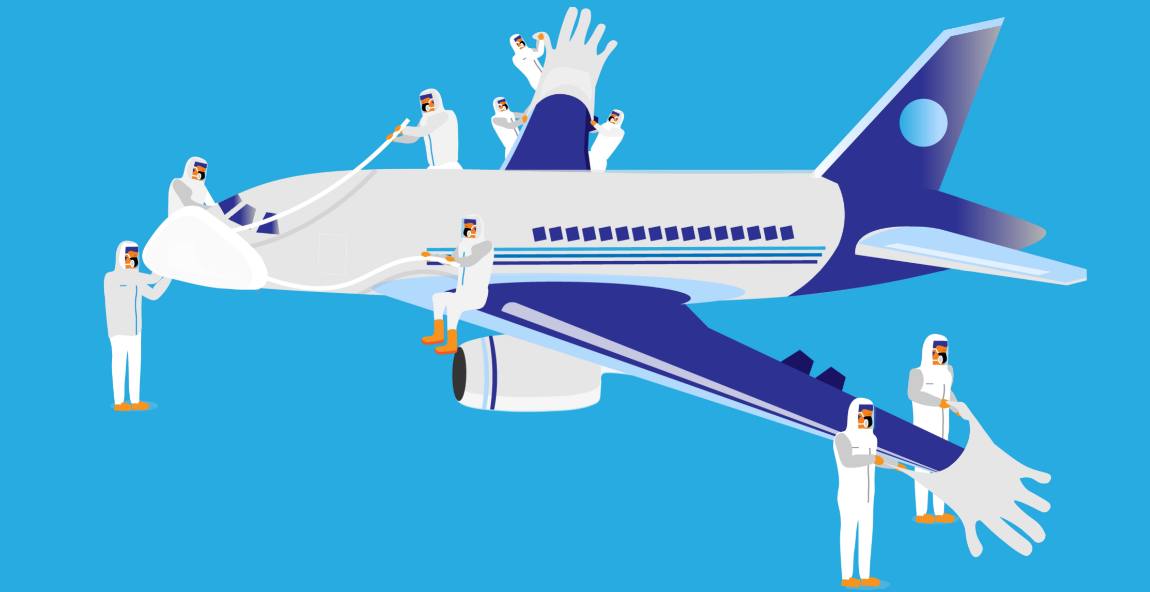When the world finally emerges from the pandemic and travel restrictions are ended, a whole reservoir of pent up demand will be suddenly released as people seek to make up lost time. Yet by that point the sector could already look very different, and months of lockdown could have changed patterns of behaviour forever. So what will the crisis mean for how we travel in the future?
The short-term changes are clear: transport has been restricted to people making only necessary journeys. With the exception of deliveries of food and medicine, other forms of travel have dropped precipitously. Specifically, car trips have fallen significantly, while anecdotal evidence suggests that the number of passengers in each car has reduced even further, and walking and cycling trips have been limited.
Yet more dramatic has been the meltdown in public transport use. Airlines and airports are cutting services and staff while seeking government bailouts, and bus operators are employing similar strategies. The UK’s privately-owned train companies have effectively already been nationalised.
This will have profound long term effects. While trips to see friends and family should be relatively unaffected, other travel will significantly change...
Professor Marcus Enoch, of the School of Architecture, Building and Civil Engineering, and Dr James Warren, of the Open University, discuss how conavirus is a once in a lifetime chance to reshape how we travel in the Conversation.
Read the full article here.

